-
Lingua Angelica - Audio (Online Streaming) $17.50 QTY: 1Quantity
-
Lingua Angelica Song Book and Online Streaming
- Includes:
Lingua Angelica - Song Book × 1
Lingua Angelica - Audio (Online Streaming) × 1
Quantity
-0%
Veritas Press Literature 6 – Curriculum Package
This package is customizable! So the pricing on this package will vary depending on which books you include in the package. Please make your selection and see what the price is at the bottom of this page.
Intended for students in sixth grade, students will read great literature and work to improve their oral reading skills. Students will improve their reading skills through written and oral comprehension exercises.
From: $207.22
Available in stock
Description
LITERATURE 6 IS A YEAR-LONG COURSE FOR STUDENTS IN GRADE 6.
Their vocabulary will be expanded through the application of contextual clues, derivation of words from Latin roots, and use of the dictionary. Students will learn to apply a Christian worldview as they examine qualities of characters in stories and recognize those that are worth admiring.
The level and content of the literature will serve students well as the transition into more dialectic books readies them for Omnibus. They will also learn to identify different genres of literature as they read a variety of styles. They will read books like Fahrenheit 451, Jungle Book and Little Women. Most importantly, they will continue to increase their love of literature.
You can purchase Veritas’ Literature 6 Lessons Plans here.
The Veritas Approach to Literature
Reading great literature is an important part of a child’s education at Veritas. Reading literature that has endured the test of time, the classics, is important for many reasons:
- Books create warm emotional bonds between adults and kids when they read books together.
- Books help kids develop basic language skills and profoundly expand their vocabularies.
- Books are interactive; they demand that kids think. Fiction and nonfiction books widen our consciousness.
- Books develop critical thinking skills.
- Books develop and nourish kids’ imaginations, expanding their worlds.
- Books let kids try on the world before they have to go out into it.
- Books help us to understand ourselves, to find out who we are.
- Books help children and adults to open up, to move beyond self-absorption and connect to other people.
- Books answer questions.
- Books create questions.
- Books provide the opportunity to share cultural experiences.
- Books entertain and offer a great escape.
- Books inspire us to dream.[1]
Children love learning from the rich stories of the past. At Veritas, they will learn to love language and expression, they will understand the art of storytelling. Children who are immersed in good literature as young children develop creative minds and an enjoyment of lifelong reading. Who doesn’t remember Charlotte’s Web, Alice in Wonderland, Peter Pan, Tom Sawyer, and The Chronicles of Narnia with great fondness?
Kindergarten and first grade start slowly and build as students mature. By second grade, they’ll read about 10 books a year. Most are children’s classic literature. Veritas’s comprehension guides are used to teach children how to read for comprehension, fluency, learn how to discern the plot, who the characters are, and much more. Most of all, literature courses inspire a love of reading. Fun, hands on projects are used to help inculcate such a love.
The literature program is enhanced by students’ accelerated mastery of language through studies in Latin and Grammar and Writing. These advantages translate into reading books earlier than many of their peers and before many educators think possible.
This benefit is further leveraged as they move beyond grammar school and into studying the Great Books through the Omnibus curriculum.
When you think about it, literature, even for the young student, is much more than just reading.
“The more that you read, the more things you will know. The more that you learn, the more places you’ll go.” – Dr. Seuss
[1]“Why Do Kids Need Books?” The National Children’s Book and Literacy Alliance, http://thencbla.org/advocacy/why-do-kids-need-books/. Accessed 6 Mar. 2019.
Additional information
| Publisher | Various |
|---|---|
| Format | Paperback |
| Grade | |
| Subject | |
| Author | Various Authors |
Around the World in Eighty Days - Comprehension Guide
| Weight | .15 kg |
|---|---|
| Dimensions | 11 × 8.5 × .15 in |
| ISBN | 9781932168815 |
| Author | Jonathan Daughtrey |
| Publisher | Veritas Press |
| Format | Paperback |
| Grade | |
| Subject |
Around the World in Eighty Days
| Weight | .2 kg |
|---|---|
| Dimensions | 7 × 5 × .5 in |
| ISBN | 9780553213560 |
| Published Date | 1984 |
| Author | Jules Verne |
| Publisher | Bantam Classics |
| Format | Paperback |
Fahrenheit 451 - Comprehension Guide
| Weight | .2 kg |
|---|---|
| Dimensions | 11 × 8.5 × .2 in |
| ISBN | 9781932168198 |
| Author | Ned Bustard |
| Publisher | Veritas Press |
| Format | Paperback |
| Grade | |
| Subject |
Fahrenheit 451
| Weight | .2 kg |
|---|---|
| Dimensions | 5 × 8 × .75 in |
| ISBN 13 | 9781451673319 |
| Published Date | 2012 |
| Author | Ray Bradbury |
| Publisher | Simon & Schuster |
| Format | Paperback |
The Call of the Wild and White Fang - Comprehension Guide
| Weight | .2 kg |
|---|---|
| Dimensions | 11 × 8.5 × .5 in |
| ISBN | 9781932168723 |
| Published Date | 2007 |
| Author | Ned Bustard |
| Publisher | Veritas Press |
| Format | Paperback |
| Grade | |
| Subject |
The Call of the Wild and White Fang
| Weight | .15 kg |
|---|---|
| Dimensions | 7 × 4 × .75 in |
| ISBN 13 | 9780553212334 |
| Published Date | 2003 |
| Author | London, Jack |
| Publisher | Bantam Classics |
| Format | Paperback |
| Grade | |
| Subject |
The Jungle Book - Comprehension Guide
| Weight | .3 kg |
|---|---|
| Dimensions | 11.5 × 8.4 × .3 in |
| ISBN | 9781932168693 |
| Published Date | 2007 |
| Author | Jonathan Daughtrey |
| Publisher | Veritas Press |
| Format | Paperback |
| Grade | |
| Subject |
The Jungle Book
| Weight | .2 kg |
|---|---|
| Dimensions | 7 × 5 × .5 in |
| ISBN | 9780141325293 |
| Published Date | 2009 |
| Author | Rudyard Kipling |
| Publisher | Bantam Classics |
| Format | Paperback |
Little Women - Comprehension Guide
| Weight | .22 kg |
|---|---|
| Dimensions | 11 × 8.5 × .3 in |
| ISBN | 9781932168709 |
| Published Date | 2007 |
| Author | Leslie Bustard, |
| Publisher | Veritas Press |
| Format | Paperback |
| Grade | |
| Subject |
Little Women
| Weight | .40 kg |
|---|---|
| Dimensions | 5.2 × 1.5 × 8.3 in |
| ISBN 13 | 9780486410234 |
| Published Date | March 24, 2000 |
| Author | Alcott, Louisa |
| Publisher | Dover Publications |
| Format | Paperback |
Lord of the Rings - Comprehension Guide
| Weight | .5 kg |
|---|---|
| Dimensions | 11 × 8.5 × .5 in |
| ISBN | 9781932168716 |
| Published Date | 2007 |
| Author | Ned Bustard |
| Publisher | Veritas Press |
| Format | Paperback |
| Grade | |
| Subject |
The Fellowship of the Ring
| Weight | .5 kg |
|---|---|
| Dimensions | 6.9 × 4.5 × 2.2 in |
| ISBN | 9780261102354 |
| Published Date | 2007 |
| Author | J.R.R.Tolkien |
| Publisher | HarperCollins |
| Format | Paperback |
The Yearling
| Weight | .25 kg |
|---|---|
| Dimensions | 5 × 7 × .3 in |
| ISBN 13 | 978-0020449317 |
| Published Date | 1988 |
| Author | Marjorie Kinnan Rawlings |
| Publisher | Simon Pulse |
| Format | Paperback |
A Christmas Carol
| Weight | .14 kg |
|---|---|
| Dimensions | 7 × 5.5 × .4 in |
| ISBN | 9780147512895 |
| Author | Charles Dickens |
| Published Date | 2014 |
| Publisher | Penguin Random House |
| Format | Paperback |
Kidnapped
| Weight | .2 kg |
|---|---|
| Dimensions | 5 × 7 × .8 in |
| ISBN 13 | 9780141326023 |
| Published Date | 2009 |
| Author | ROBERT LOUIS STEVENSON |
| Publisher | Puffin Books |
| Format | Paperback |


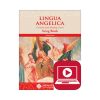


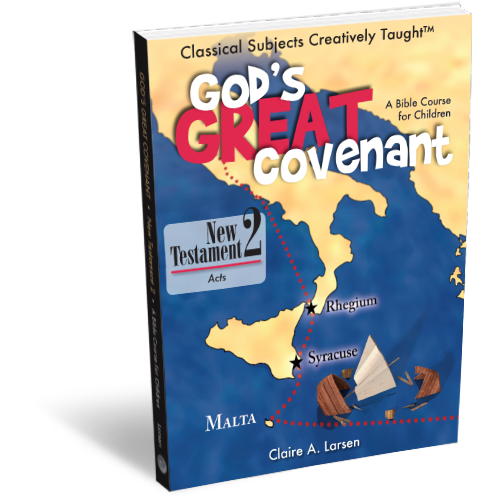

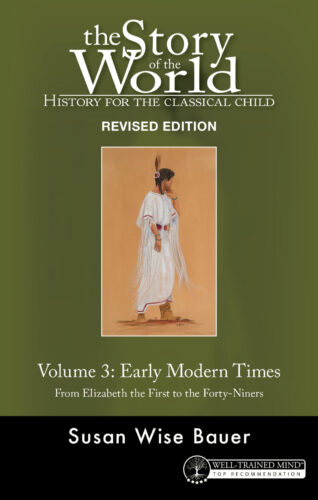


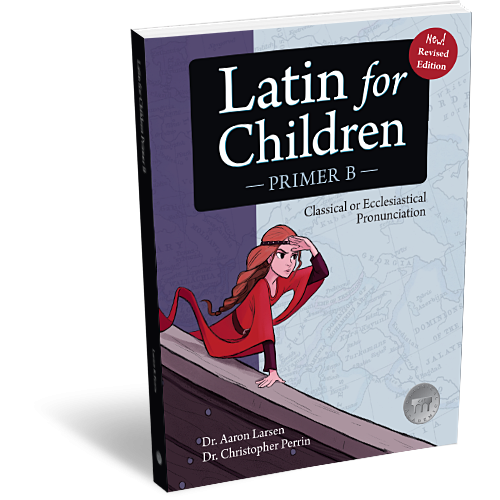
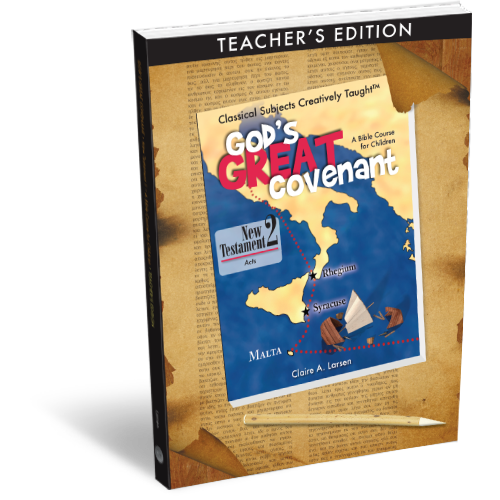
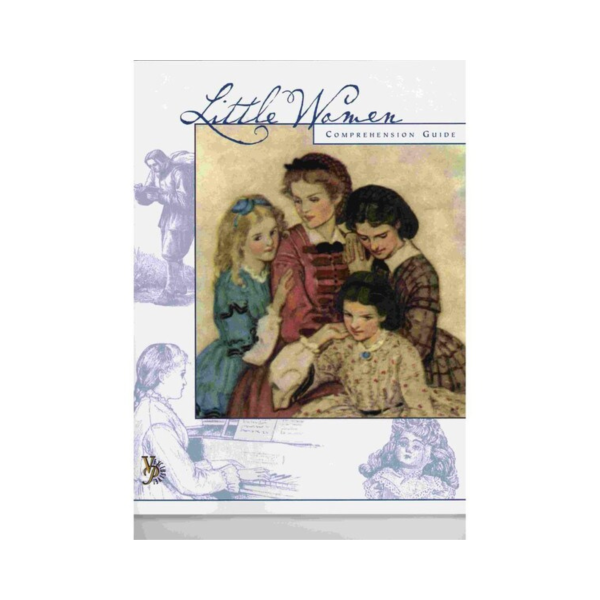
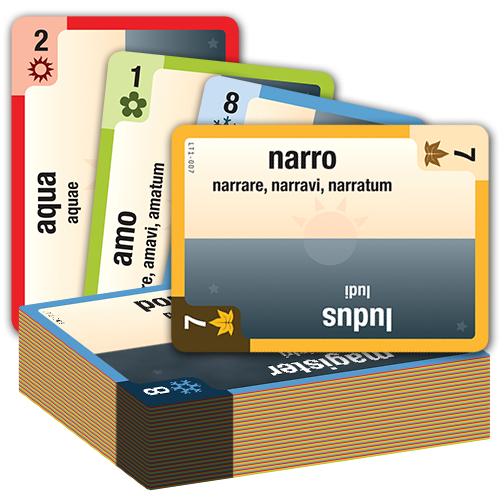



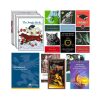
Reviews
There are no reviews yet